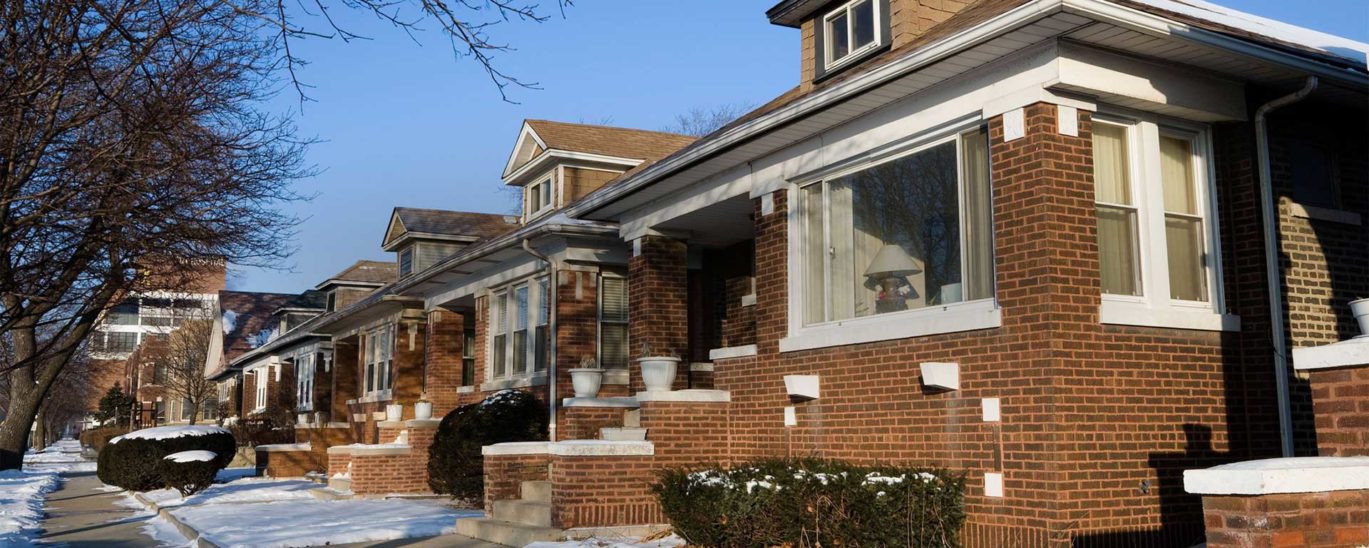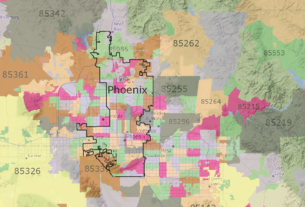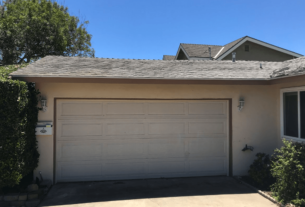How To Get Out Of A Mortgage
A mortgage agreement is a long-term commitment that in some cases outlast both the owner as well as the home that was purchased. If it ever becomes necessary to put a house up for sale or find another method to exit a mortgage, a bit of planning will be needed. The following six methods are possible ways to free yourself from an undesired mortgage.
Strategic Default
There are times when underwater homeowners see no other option than to simply stop paying on a mortgage. They will send the keys to the lender and find a more affordable place to live.
There are even cases where wealthy homeowners will abandon a property once they feel it makes more sense than paying the mortgage. There is a chance that reaching out to the bank or mortgage company will result in a settlement allowing the homeowner to leave the home in good standing.
Deal With Home Buying Company
There are legitimate companies that will purchase homes with the intent to make repairs and sell. This can be a quick way to free oneself from a mortgage responsibility but requires the homeowner to accept less money than the home is worth. The homeowner also pays no out of pocket money to sell the home. This choice is often made by homeowners who wish to take action ahead of a pending foreclosure, estate resolution, or asset liquidation.
Foreclosure
A bank or mortgage company may file foreclosure when a homeowner fails to make payments on a mortgage for an extended length of time. When this happens, it is necessary for a court to rule on the matter.
The length of time it takes to settle these actions once filed can vary greatly from one case to another. Because of this, a great deal of uncertainty is introduced to the lives of homeowners who face foreclosure.
Deed In Lieu
A deed in lieu agreements involves the homeowner returning the deed to the lender. In return, the bank will forgive the balance the homeowner owes on the mortgage. The lender then has the opportunity to sell the property to a new homeowner and recoup some or all of the unpaid portion of the mortgage.
Find A Rentor
A homeowner enduring a financial struggle may consider finding a renter for the home. This will allow the homeowner to find a place to live that is more affordable for them. The homeowner also benefits by paying the mortgage with the money received from the renter. This technique is perfect for homeowners who live in areas where rental properties are in high demand and good rates can be charged for the rental.
Short Sale
A short sale is executed when a bank buys back property from a homeowner for less than is owed on the mortgage. This technique provides the homeowner more control over the sales process but will still result in a credit hit. The stigma and hit to credit may possibly become less significant as short sales become more common. Many times, the bank will hold the homeowner responsible for the unpaid portion of the mortgage if they wish to sell their house.
The Bottom Line
When a mortgage is owed on a property, some type of settlement must be reached with the lender. The six methods above should be considered by a homeowner who seeks relief from the pressure of a mortgage.



